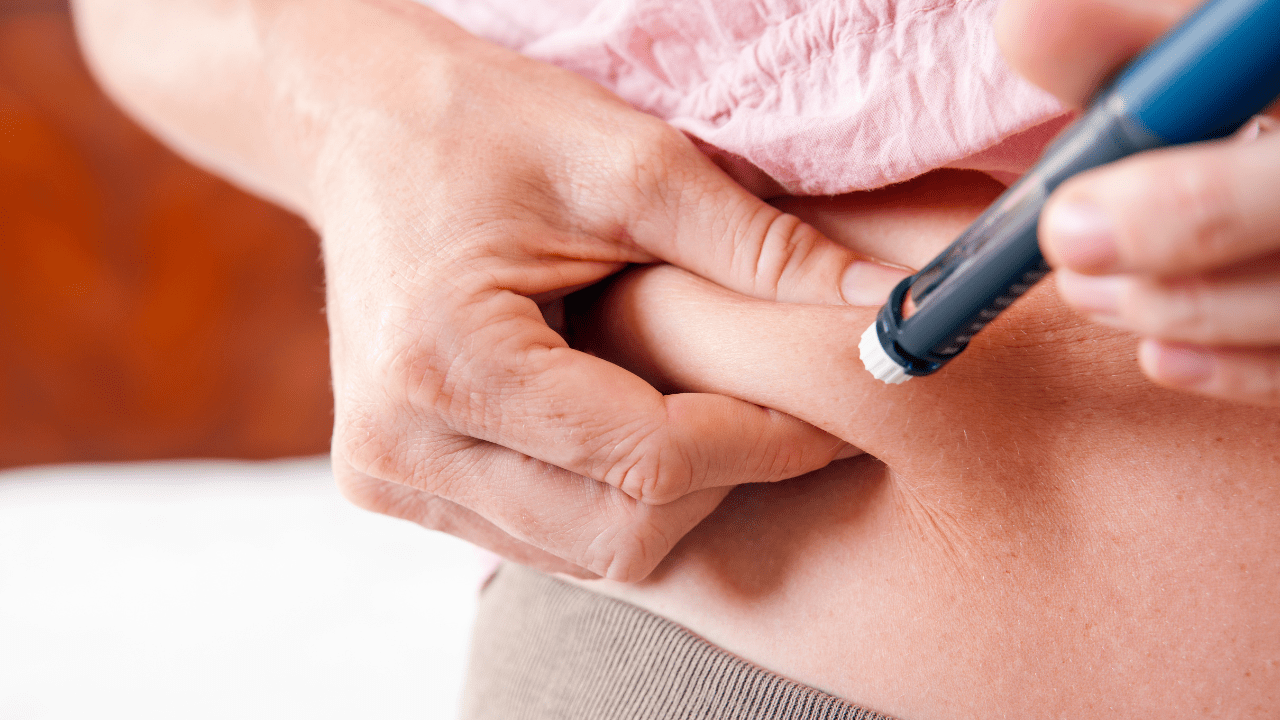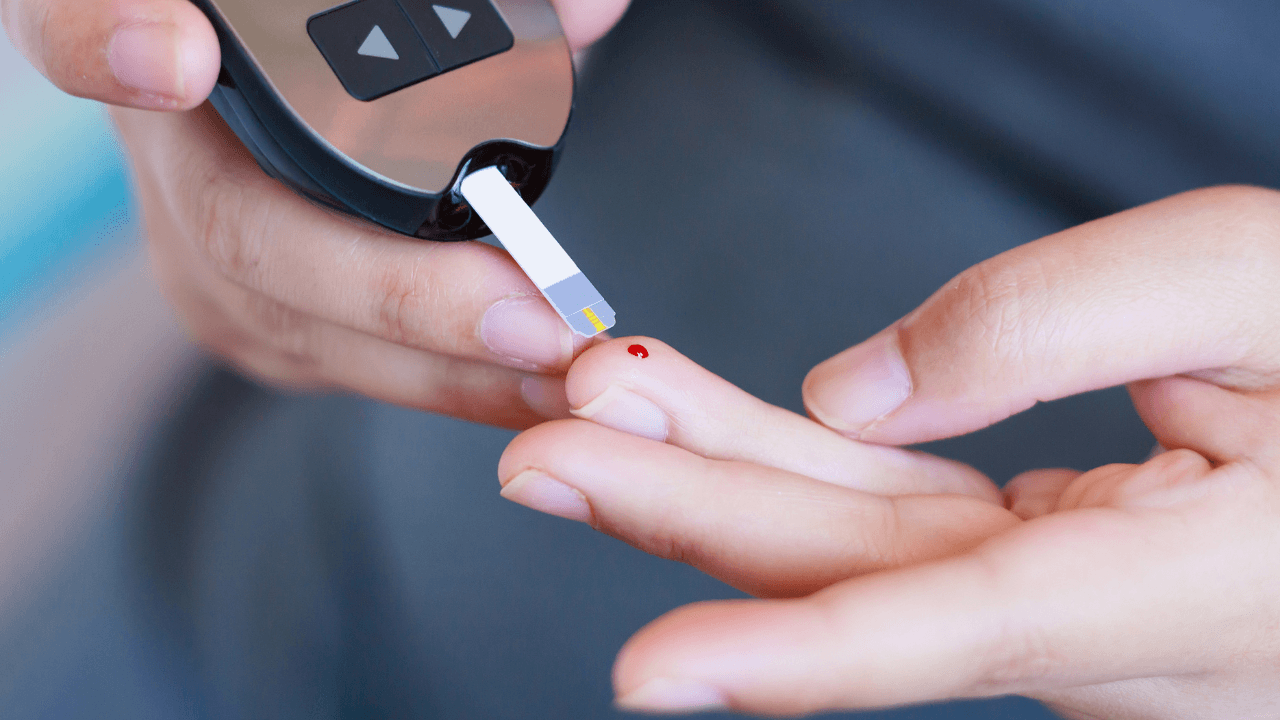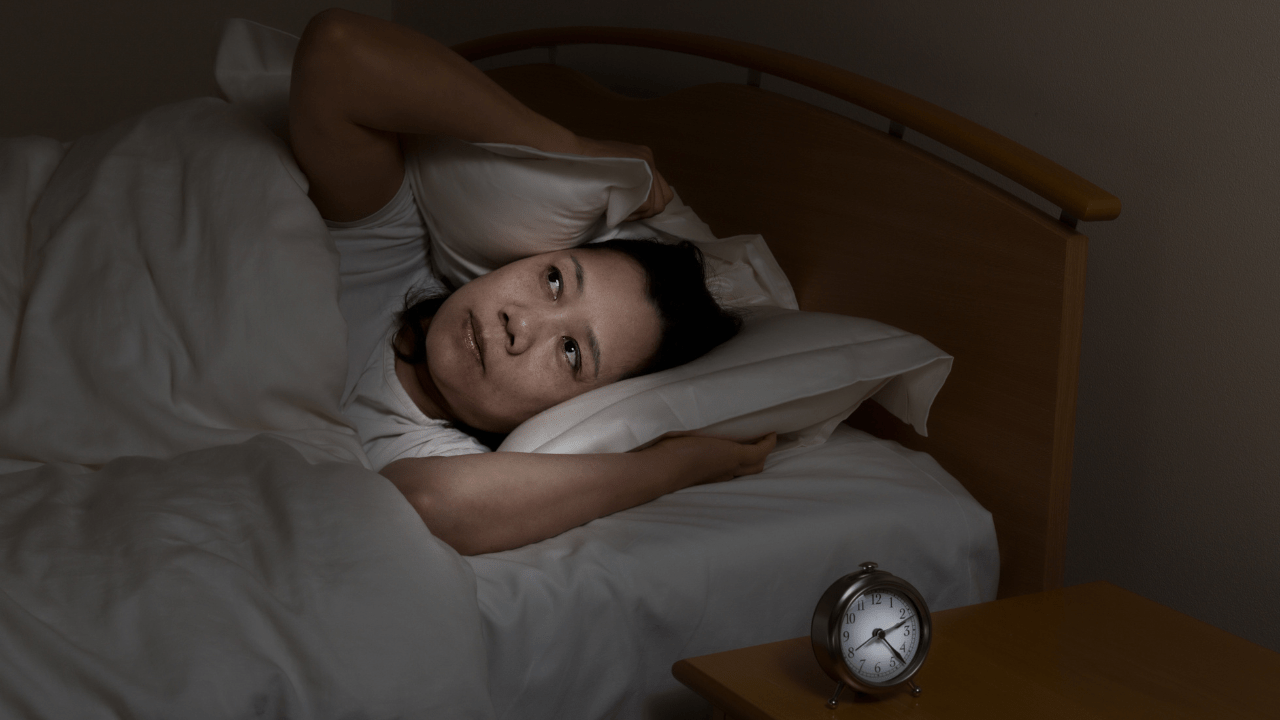So what’s your chance of developing type 2 diabetes increase with menopause?
Everyone’s risk for diabetes goes up with age and regardless of their gender. Menopause can also increase your risk of developing type II diabetes.

Let’s understand what diabetes is first. Diabetes is a condition where your blood sugar is too high. With type II diabetes, this is typically because your body makes less insulin and because your cells become more resistant to the insulin. Insulin is a hormone that helps your cells use sugar in your body. But if your cells are more insulin resistance, the sugar may stay in the blood instead.
Our hormones are messengers, and they affect other hormones in our body. For instance, estrogen levels affect insulin and glucagon. So with insulin first, estrogen can increase the body’s weight of using insulin. However, estrogen declines in menopause along with other hormones. Several studies found a link between this low estrogen and type II diabetes. Estrogen may help reduce how much sugar your body produces by acting on a liver protein FOXO1. As your estrogen levels decline during menopause, these special proteins may not work as effectively to control insulin level. Which explains the increased risk for type II diabetes after menopause.

Let’s take a look at glucagon. Glucagon helps increase blood sugar to help prevent it from dropping too low, such as while you sleep, to prevent hypoglycemia, which is low blood sugar. However, if your body releases too much glucagon, you may have chronically high levels of blood sugar, which can lead to diabetes. Estrogen affects the cells responsible for making and releasing glucagon. Since estrogen levels declined during menopause, along with other hormones, women lose some of this protection against high levels of glucagon.
Now, what about visceral fat and weight gain? In menopause, visceral fat is found in the abdominal cavity around your organs like the stomach, liver, and intestines. You might be wondering what this has to do with hormones and menopause. Well, the lower estrogen levels after menopause can affect how your fat is distributed in your body. So many women see this menopause belly tire coming around their waist. So even if you don’t gain weight, you might. Find that you have more visceral fat after menopause, which can also increase your risk for diabetes.
In addition, if you do gain weight during menopause, being overweight or obese can raise your risk for developing type II diabetes as well.
Sleep is another factor. Poor sleep is another symptom many women experience during menopause that may affect your diabetes risks. Sleep deprivation from issues like insomnia or sleep disturbances from hot flashes and night sweats can negatively affect your blood sugar levels.

So what can you do to mitigate your risk for this type II diabetes if you’re going through menopause? First of all, balance those levels of estrogen. Your estrogen levels are declining so you need to either try some hormone therapy, maybe hormone therapy, traditional HRT or bioidentical therapy, or some combination of both. I have another video on if you’d like to find out more about what’s good for you.
Phytohormones is another way. So, phytohormones are made from plants and you can have what are called phytoestrogens which you can find them in things like flax seeds in soy. And these things also help to increase the level of estrogen in your body.
So other ways you can also help mitigate the risk is make sure that you’re eating a well balanced diet, exercising, getting good rest and maybe perhaps do a detox. If you have toxins in your body which are affecting your hormones, we know the hormones have a cascading effect in our body and you want to make sure they’re operating well and efficiently the way they should be. So, a detox certainly would help get rid of any of these hormone disruptors you find in chemicals that we find in foods we eat that are around our our environment and things that we put on our body. Most people don’t realize that those also affect our hormones.







